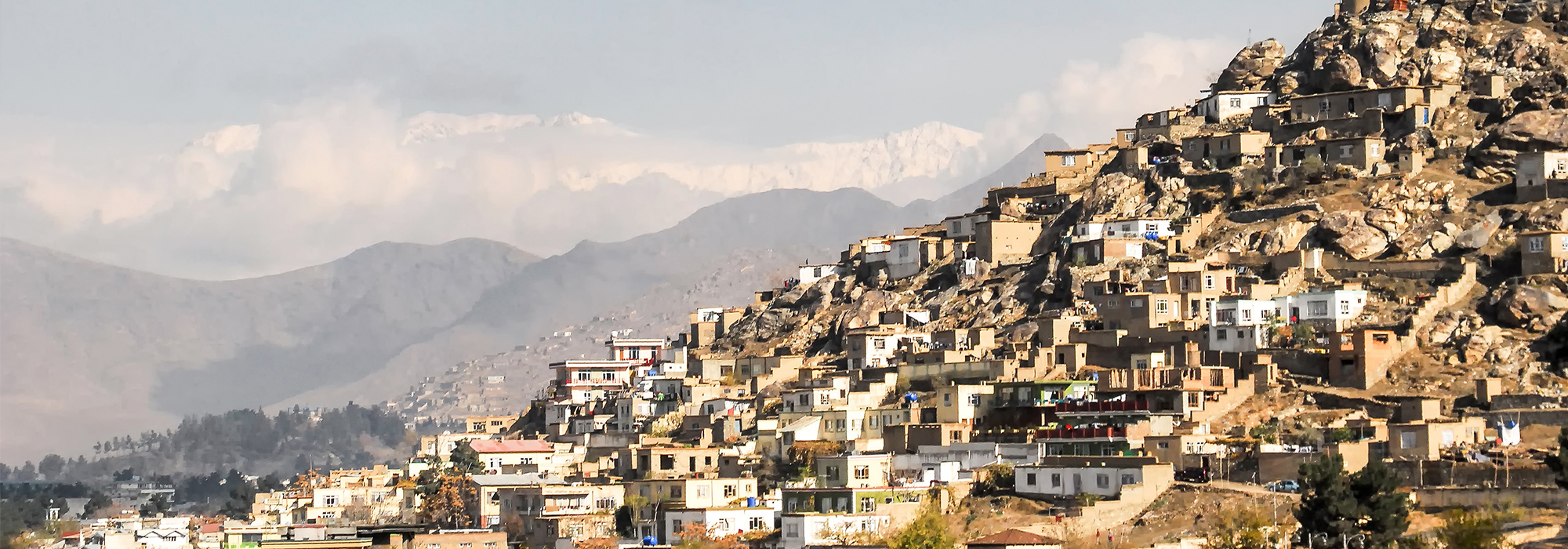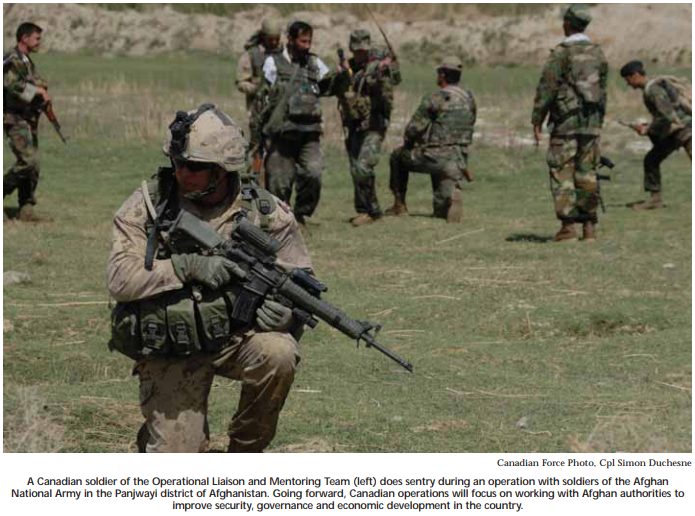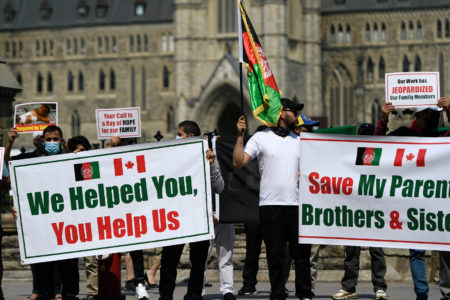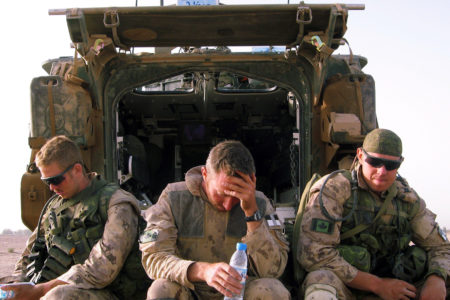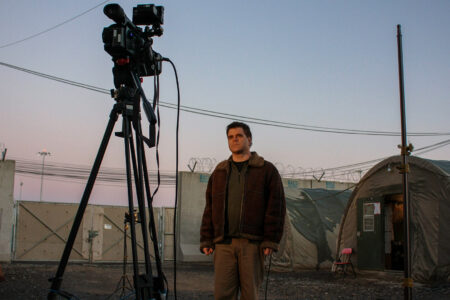
“Afghanistan is at war, and Canadians are combatants.” Thus began the 2008 report of the Independent Panel on Canada’s Future Role in Afghanistan. It was the panel’s intent not to sugar-coat the reality of Canada’s engagement in Afghanistan. We rejected the notion that Canadians were peace-keepers and police and were therefore not at all suited to combat operations in a war zone. But we believed that the Canadian public was entitled to information and frank talk, especially when the lives of its young men and women were at risk.
Our report was praised by some for the clarity of its analysis and the wisdom of its recommendations. It was condemned by others as naïve and destined to mire Canada in a futile effort that would cost lives and treasure in abundance. In some measure, both were right, although I believe it is still too soon to reach a conclusion about where the Afghan mission sits on the continuum that runs from futility to utility. Furthermore, Afghanistan is only part of a much bigger and more worrisome problem.
Unlike many reports tabled in Ottawa, ours actually led to action. Our advice — that Canadian troops should continue in Kandahar provided that NATO allies did more to help shoulder the burden — seemed to satisfy the political test of the time, and a bipartisan resolution passed the House of Commons. Our insistence that NATO provide an additional battalion to support Canadian troops in Kandahar reflects the advice we received from General Hillier. It now seems clear that this number was inadequate, and he should have asked for more.
But our report went much further in its recommendations, dealing with our diplomatic efforts, support for governance, institution-building and development, the presence and role of civilians in the Canadian effort, and the need for communications clarity by the government, with benchmarks for progress against which performance could be measured.
The objective was to “leave Afghanistan to Afghans, in a country better governed, more peaceful and more secure.” We sought to produce a report that was measured and practical, while respecting Canada’s military traditions and historic achievements in the cause of peace and security. We were, I believe, realistic about the difficulties — the tenacity and skill of our adversaries, the corruption of the Afghan government, the pervasive and insidious nature of the drug trade, the poverty, illiteracy and despair that so marked this difficult and complex land. But we were convinced that the Afghan people deserved a chance.
It is true that allied efforts cannot succeed if we desire the outcome more than Afghans desire it for themselves, but again and again we found Afghan women and men who hoped for better and took huge risks to try to build a better life for themselves and their families.
The resolution approved by the House of Commons in March 2008 authorized a “military presence in Kandahar…to July 2011, in a manner fully consistent with the UN mandate on Afghanistan.” The end date of 2011 was not contained in our report but was added by Parliament. We reasoned that we could not forecast when the job would be complete and thus had no basis to recommend an end date. We did conclude that Canada’s effort should be neither faint-hearted nor open-ended.
As the parliamentary end date approaches, and as Canada prepares to adapt its role to one of training “inside the wire,” it is appropriate to take stock and to assess what we have achieved, what has changed and what we may realistically hope to accomplish. We also need to consider Afghanistan in a broader regional security context. Without doubt, Canadians have tired of Afghanistan: the casualties, the slow progress, the seemingly endless parade of bad news. Hours of parliamentary debate have focused more on the treatment of detainees than on the future and success of the mission. Many Canadians believe that we have done enough.
In the United States, Obama’s “good war” in Afghanistan (as opposed to the “bad war” in Iraq) seems to be losing favour even as a sharp increase in the number of American troops appears to be generating progress on the ground. In deciding to stay in Afghanistan in a training role, while continuing to provide development assistance, the government is leading rather than following public opinion. It is right to do so. For all its difficulties, this remains a mission authorized repeatedly by the United Nations and led by NATO. Global security may be directly affected by Afghanistan, situated as it is between Iran and Pakistan, perhaps the world’s most volatile and dangerous neighbourhood. On the heels of the embarrassing loss of a seat on the Security Council — one that our contribution and sacrifice in Afghanistan ought to have ensured — we would be wrong to turn our backs on our allies, devalue our contribution and demonstrate to our adversary a lack of resolve that could only serve to make it bolder. But it is not a simple matter, nor an easy decision.
Is there hope of success? As I pointed out to the parliamentary committee when I appeared before it shortly after releasing our report, insurgencies generally end with some kind of negotiated settlement; clear-cut victory is rare. Recent signs that negotiation may be beginning are encouraging, provided that we negotiate from the strongest possible position. But some principles must underpin such a negotiation. Afghanistan cannot be a safe harbour for terrorists. The extremes of abuse of women must be curbed. Some degree of pluralism must be respected in a country that is multi-ethnic and home to two major branches of Islam. At the same time, we must not forget that this is Afghanistan; we are not entitled to impose Western culture, values and norms on a proud and independent people, nor will we succeed if we try.
Without doubt, Canadians have tired of Afghanistan: the casualties, the slow progress, the seemingly endless parade of bad news. Hours of parliamentary debate have focused more on the treatment of detainees than on the future and success of the mission. Many Canadians believe that we have done enough.
There is no doubt that mistakes have been made since allied forces first entered Afghanistan in late 2001. The US action in Iraq served to distract attention and draw resources from Afghanistan and create a much more dangerous dynamic in the region. The attempt to create a centralized self-governing democracy was misguided — particularly one reliant on President Hamid Karzai, who has proven to be a weak leader and who had none of the tools required to enable him to govern. He has compromised the support of the ISAF allies by making unexpected and worrisome comments. His suggestion that he would consider joining the Taliban rightly infuriated Prime Minister Harper. His more recent suggestion that allied Special Forces must cease their night raids on compounds hiding Taliban insurgents would leave ISAF commander Gen. David Petraeus without a strategy.
After welcoming Western troops and hoping for better lives in 2001, Afghans have been disappointed. They hear that enormous amounts of money are being spent in their country, but they believe little seems to trickle down to them. They risked their personal safety by voting in elections, and now question whether their votes were even counted. They know their government is corrupt and ineffective yet are powerless to do much about it. These disappointments feed the insurgency and make success difficult to achieve. So “success” in Afghanistan needs to be carefully defined and is by no means certain. Success in the broader campaign against terrorism is equally uncertain. The reality remains that if 9/11 had not happened, there would likely be no Western presence in Afghanistan. But threats from overseas continue, as the recent cargo bomb plots originating in Yemen demonstrate. We face a tiny but radicalized group living in the belt from the Atlantic coast of northern Africa through to Pakistan. There is a real risk to world security emerging from within this string of states — some failed, some marginal in their ability to prevent militants from launching attacks, disrupting commerce, committing acts of piracy or kidnapping. The kidnappers of Canadian diplomat Robert Fowler in Niger described themselves as al-Qaeda. There is an urgent need to find a new and better approach to these threats. Afghanistan has surely taught us that there are limits to what can be achieved through traditional military/civilian approaches to state-building.
Likewise our Western societies are threatened by home-grown terrorists such as those who planted two car bombs in London in 2007, or the socalled Toronto 18, who planned to strike various targets in Canada before they were apprehended in 2006. As authors J. Scott Carpenter and Matthew Levitt recently noted, we need to develop a plan to counter radicalism in the Islamic community, a task possibly more difficult than countering terrorism itself. Challenging the extremist narratives of fanatics must be a priority for Western governments and for Islamic community leaders. The vast majority of Muslims are moderate and it is these moderate Muslims who have sometimes blown the whistle on militant extremists in Western congregations who are prepared to use violence. We all must be as intolerant of extremism in our midst as the extremists are themselves intolerant.
Canadians who have grown weary of the war in Afghanistan will welcome the shift to a new, less dangerous role for Canadian troops in that country — a role that will mean fewer ramp ceremonies and solemn processions along the Highway of Heroes in southern Ontario. The US troop commitment in Afghanistan is similarly finite, as President Obama made clear a year ago when he described the American responsibility to the Afghan people as only one responsibility among many, adding, “The nation that I’m most interested in building is our own.”
So Afghanistan will fade from the daily news. But the chilling era of terror that we entered unexpectedly in 2001 will still be with us. We must be intelligent about how we deal with these risks. And we must not allow our will to weaken, nor our determination to flag.
Photo: Shutterstock



